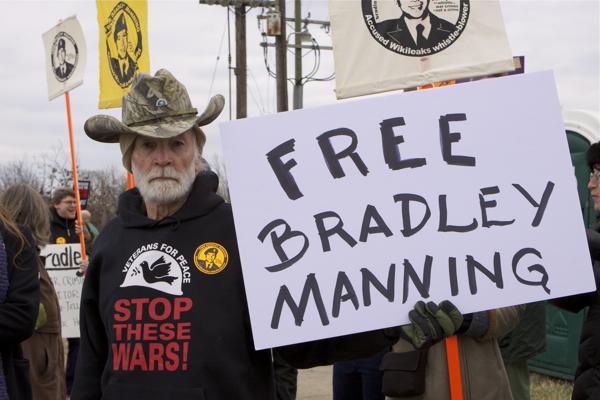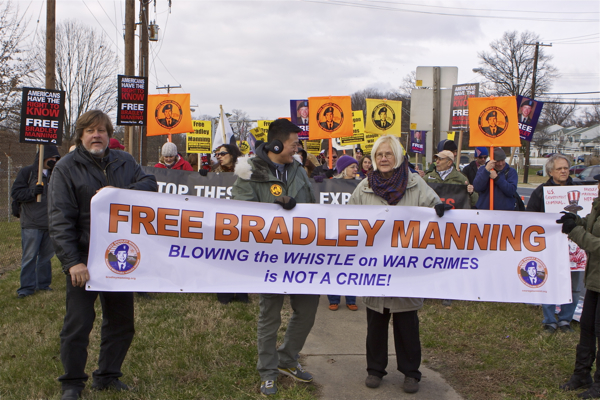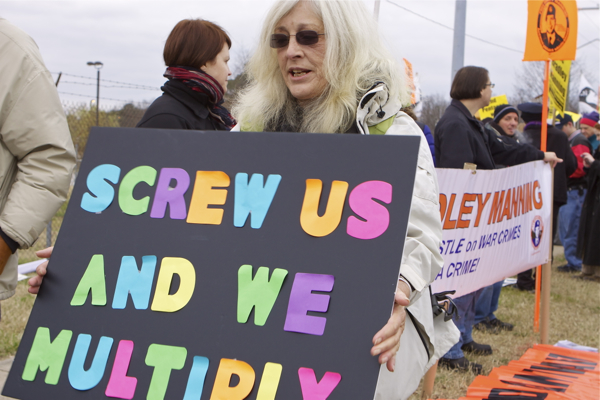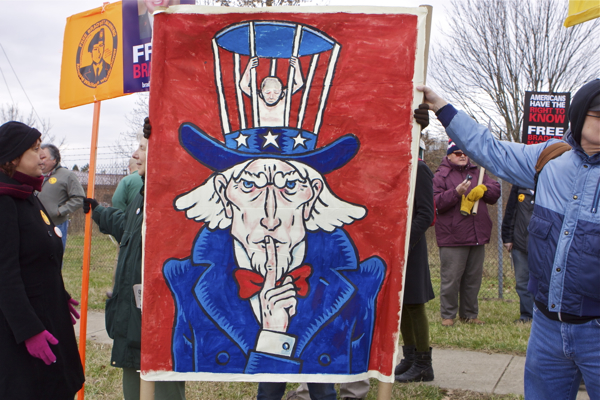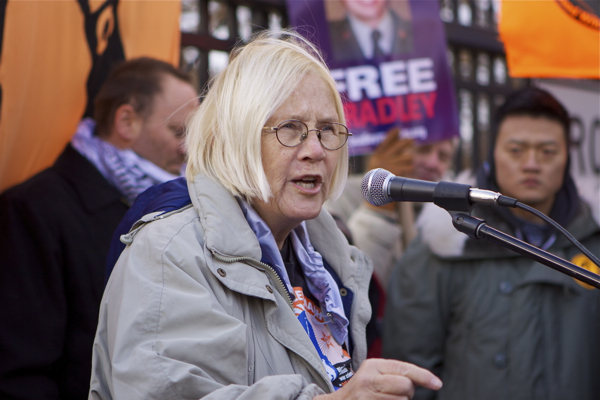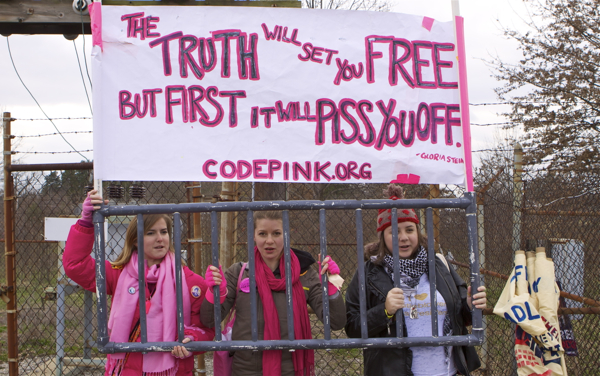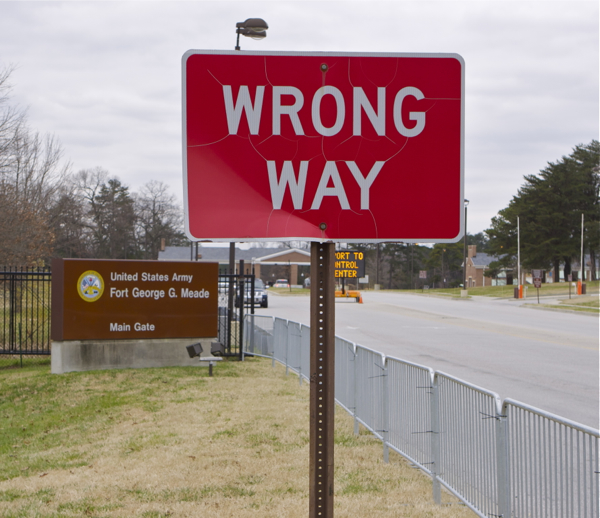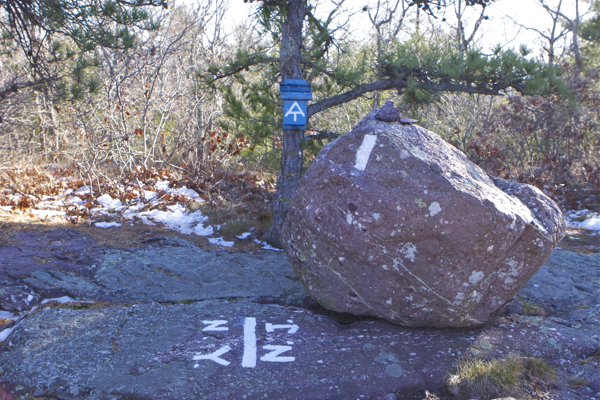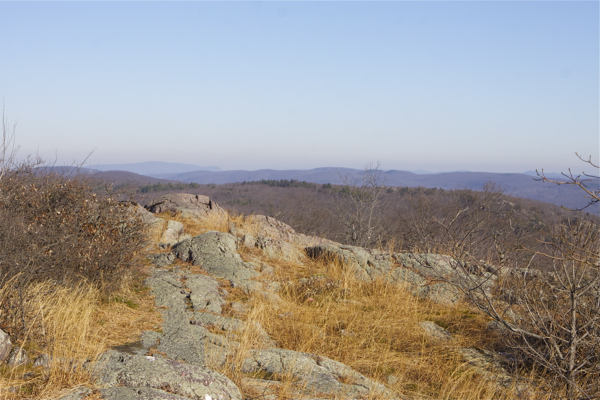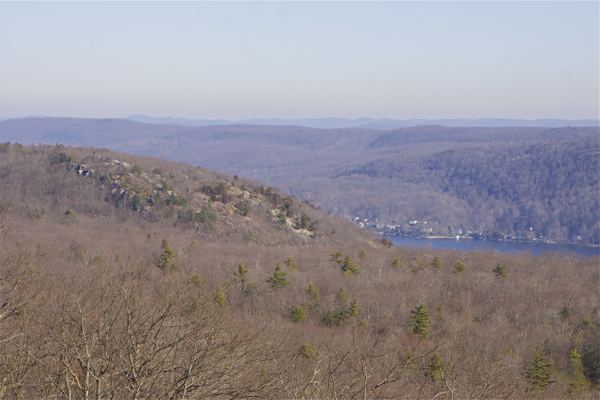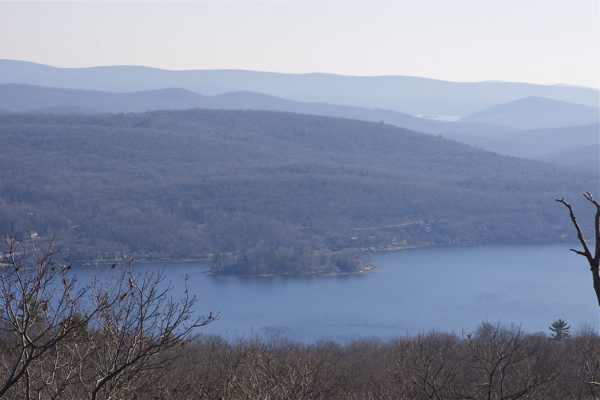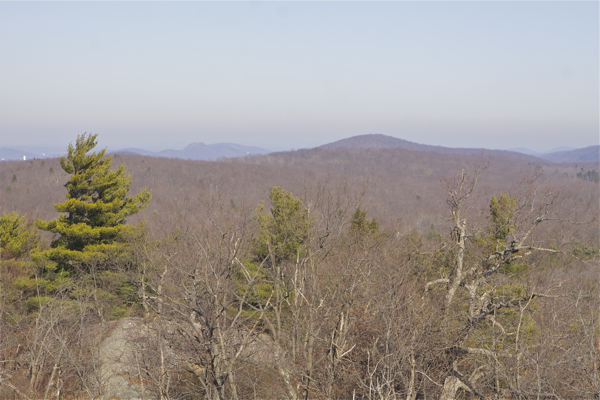Another Koch Brothers – ALEC Hit?
The Senate Budget and Appropriations Committee today released S1336[1R] (Sarlo D/Bergen, Van Drew D/Cape May) (we discussed this bill briefly last week – you can listen to testimony here).
The bill is part of a longstanding attack on government regulation and was supported by the NJ Chamber of Commerce and Business and Industry Association.
[Note: There is a distinct possibility, give co-sponsor Senator Oroho, that the bill was drafted by right wing group ALEC , the American Legislative Exchange Council. Compare the NJ bill to the ALEC model “Economic Impact Statement Act]
The bill is sweeping in scope and would effect all environmental laws, because those laws are all enforced and implemented via regulations.
By mandating broad new economic factors that State agencies must consider in drafting regulations (which are impossible to meet), and providing a new petition process and extraordinarily broad judicial review powers – including an ability to block the entire rule statewide on the grounds of its economic impact on one small business – Â the bill amounts to a back door amendment that would weaken all environmental laws.
The Courts are provided broad new economic grounds to strike down regulations.
The new petition and judicial review process are a formula for gridlock in the regulatory process.
For example, adverse economic impacts that trigger the opposition of just one small dry cleaner could block DEP’s (federally mandated) statewide air quality regulations, and put millions of people’s health at risk.
The legislative findings read like they were drafted by the Cato institute and amount to a litany of unsubstantiated attacks on regulations. The findings lack credible supporting evidence and perpetuate myth and “horror story” anecdote:
Uniform regulatory and reporting requirements can impose unnecessary and disproportionately burdensome demands, including legal, accounting, and consulting costs, upon small businesses with limited resources. The failure to recognize differences in the scale and resources of regulated businesses can adversely affect competition in the marketplace, discourage innovation, and restrict improvements in productivity. Unnecessary regulations create entry barriers in many industries and discourage potential entrepreneurs from introducing beneficial products and processes.
The bill calls for a softening of the “regulatory and enforcement culture” of State agencies and relaxed regulations:
The consolidation or simplification of compliance or reporting requirements for small businesses so long as the public health, safety, or general welfare is not endangered;
The only safeguard, the endangerment criteria, is so broad as to be meaningless.
The bill would greatly expand factors state agencies must consider in adopting regulations, particularly in terms of potential economic impacts on small business. DEP has only 1 economist on staff and it would be impossible to comply with the economic impact requirements.
If DEP were to fail to consider a material fact, or underestimate compliance costs on just one small business, an entire rule could be blocked under the new judicial review provisions.
For the first time, the bill would provide an opportunity for a petition and then judicial review of the economic factors and petitions.
5.   (New section) a. A small business that is adversely affected economically or aggrieved by final 1[rule-making] rule-making1 action may object to all or a part of a rule subject to regulatory flexibility analysis by filing a petition with the agency within 90 days after the date of final rule-making action. For the purpose of this subsection, “date of final rule-making action” includes the date of adoption of a rule or of an amendment to a rule, or of readoption of a rule due to expiration, or of the end of a five year period following the effective date of a rule, whichever is applicable.
A petition filed pursuant to this subsection shall be based on the following grounds:
(1)Â Â the agency failed to prepare a regulatory flexibility analysis; or
(2)Â Â the regulatory flexibility analysis issued failed to contain or consider a matter or factor required by law or contained a clear error or omission of a material fact which directly resulted in the agency’s failure to consider, or the agency’s underestimation of, an adverse economic impact.
The petition shall include a detailed and comprehensive explanation of the grounds.
If the petition were denied, the small business could seek judicial review. The Court could strike down the entire rule and remand it to the agency or block enforcement of the rule:
b.   If an agency determines that the petition filed under subsection a. of this section has no merit or an agency fails to take action it deemed necessary on a petition that the agency determined had merit, the small business that is adversely affected economically or aggrieved by final rule-making action may seek judicial review by the Appellate Division of the Superior Court of agency compliance with the requirements of P.L.1986, c.169. …
In granting any relief in an action instituted pursuant to this section, the court shall order the agency to take corrective action consistent with P.L.1986, c.169, including, but not limited to, remanding the rule to the agency, and deferring the enforcement of the rule only against small businesses unless the court finds that continued enforcement of the rule is in the public interest.
I testified to oppose the bill as unnecessary, poor policy, and in violation of delegated federal environmental laws. I suggested that the bill sailed through the Assembly with literally no scrutiny.
I agreed that current regulatory impacts analysis are technically flawed, done after the fact, and have no impact on the design of the rule.
But, despite these flaws, other recent changes in administrative law address these problems.
Specifically, at the front end of the rule making process, Governor Christie’s Executive Order #2 mandates early, pre-proposal involvement os business groups.
At the back end of the process, the legislature recently amended th law to allow for “substantive changes on adoption” (PL 2011, c.33), based on comments raised by business during the public review phase.
To illustrate the risks of lax regulation of small business and the harms they create, I cited the recent SCI Report on mob influence in the garbage industry, and lax oversight of the recycling industry.
I then identified multiple environmental disasters that have been caused by small business, including illegal ocean dumping, contaminated soil disposal, illegal medical waste disposal, creation of Superfund sites, et al.
Last, I advised legislators that the OLS fiscal note, which found minimal impact, Â was flawed and not technically credible.
DEP regulates thousands of small businesses. Preparing credible and thorough economic impacts assessments per the specific factors in the bill would be a lot of work (DEP has just 1 economist on staff). If just 1% went the petition and/or judicial review route under the bill, the workload would be significant.
I urged the Committee to reconsider the bill.
If they were unwilling to table the measure, then they should
- delete the judicial review powers
- exempt all environmental laws, or
- exempt federally delegated programs
The bill was released with minor technical amendments by vote of 10-0-1 (abstain).
Senator Greenstein (D/Mercer) abstained. She said she had not considered but agreed with some of the concerns I raised, and might seek floor amendments.
Chairman Sarlo went out of his way to urge his fellow Committee members to support an over-ride in the event the Governor CV’d the bill.
We’ll keep you posted and urge all to reach out to EPA on potential federal problems and contact legislators to derail this runaway  lame duck train.

 Manning also is accused of downloading and providing more than 200,000 other secret documents on the Iraq and Afghanistan wars and State Department diplomatic cables to Wikileaks.
Manning also is accused of downloading and providing more than 200,000 other secret documents on the Iraq and Afghanistan wars and State Department diplomatic cables to Wikileaks.
